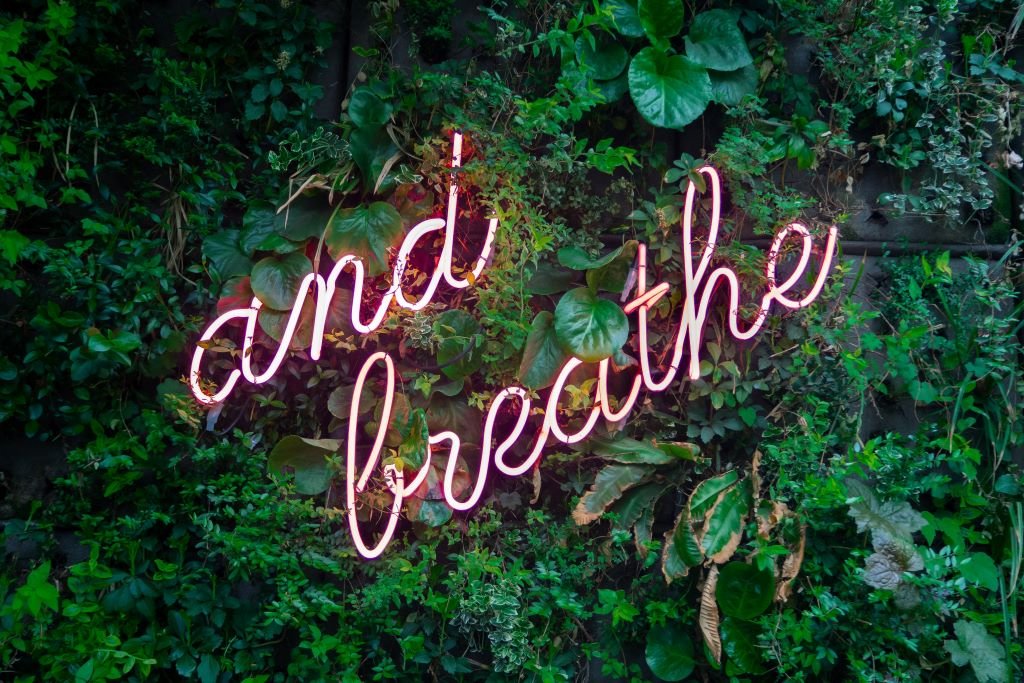How to do self care when you're a c-ptsd survivor
Most of us know the importance of self-care. However, for those of us dealing with c-ptsd, self care can feel elusive.
Much of the literature around self care focuses on setting boundaries or managing time. As though if we only carved out more time for ourselves we'd have self care in the bag.
But, for many of us, lack of time is not the only issue. And boundaries are far more complicated than simply saying 'no'.
Self-care and c-ptsd
I've heard c-PTSD survivors say self care makes them feel lonely or guilty. I also know that when you grow up with unmet needs you have no idea how to meet those needs yourself.
When you're discouraged from attending to your needs and instead made to focus on others, self care can feel impossible.
You've been conditioned to ignore or suppress the signals your body gives that tell you what it wants. So, you push through to exhaustion, and sitting still feels unbearable.
You find it hard to believe you have value if you're not producing or giving. You can't imagine you're valuable simply because you exist, and that you deserve to have your needs met.
Self-neglect as self-protection
In a counterintuitive way, self-neglect was a form of self-care as a child. That's because any expression of a need got you punished, rejected, or abandoned.
So, it felt safer to not have any needs at all. You minimized them, pushed them down, and did your best not to have them.
Now, after a lifetime of ignoring them, you're supposed to magically know how to take care of them. It doesn't work that way.
The common advice around setting boundaries, for example, makes it sound so simple. You just let people know what you will and won't tolerate.
why boundaries are hard to set
However, this simplistic advice rarely takes into account the terror that backlash against your boundaries can produce.
They rarely give you follow up on what to do when someone belittles your attempt to set boundaries. Or rails against them.
And all your fears around setting boundaries get confirmed. You experience the rejection and powerlessness that felt life-threatening as a child. And you feel like that child again.
Without knowing the reasons why boundaries are so hard to set, you can hardly set them effectively. Setting boundaries feels life-threatening because, as a child, they were.
Your inability to set boundaries kept you safe. That's because as a dependent, you had no way to care for yourself.
Therefore, you had to keep your caregivers happy in order to survive. Because if they left you, you'd be dead.
So, let's not sugarcoat how incredibly difficult setting boundaries can feel for the c-ptsd survivor. And let's thank our inner child for keeping us safe by refusing to set them.
self-care for the c-ptsd survivor
Self care for the c-ptsd survivor may look different than bubble baths and spa days. It starts with discovering what you want when you've been forced to suppress your desires.
I encourage people to make a list of things they like using their senses as a guide. What smells, touches, tastes, appeal to you, for example?
Another way to connect with yourself is to set a timer for five or ten minutes and simply sit there. This mindful awareness means you pay attention to your thoughts and feelings without judging them.
You may be surprised at the information you get during these mindfulness sessions. The feelings you've suppressed have a chance to come to the surface and speak to you.
tune into yourself
Tune into your body and ask it "what do you need right now?". Sometimes I need to give myself a hug. Or stop and pay attention to my surroundings as a grounding practice when I feel anxious.
My body rarely says it needs a manicure or facial. The common self care practices that come to mind when we think of the phrase may not apply to the c-ptsd survivor.
Rather than sitting at a desk to write, I sit in a comfortable spot with a blanket over my legs. I remind myself the great Roald Dahl used to write this way, too!
Going for a walk can be a great way to gain clarity and slow down the hamster wheel of thoughts. There's evidence walking emulates EMDR therapy and shares some of the benefits for c-ptsd survivors as well.
next steps
We’ve discussed why you struggle with self-care as a c-PTSD survivor. And some strategies to begin implementing it in a way that feels meaningful to you.
I invite you to take some time for yourself and watch my free masterclass on the 4-step process for healing your childhood trauma. It’s a proven framework based on over a decade of research, education, and client success.


